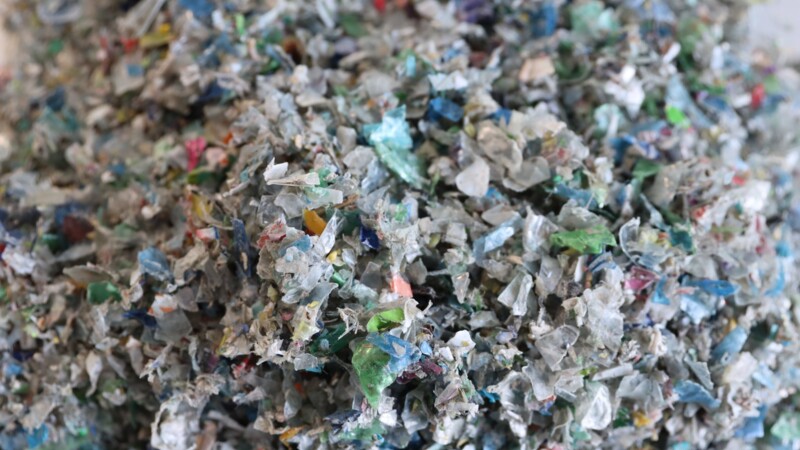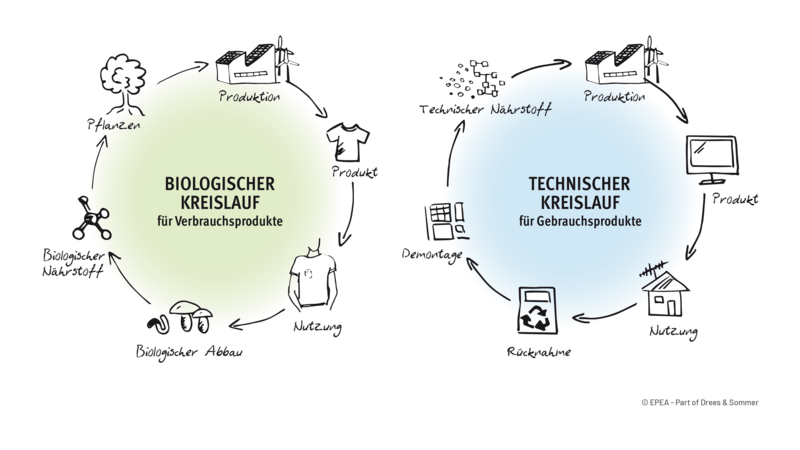A first production plant in which biochar is extracted from cocoa shells has gone into operation on the landlocked island of Peute on the Nordelbe River in Hamburg-Veddel. The resulting steam is fed straight into the neighbouring industrial company as an additional source of energy. Chocolate and cocoa production becomes climate-friendlier and creates synergy effects. The organic waste produced in an industrial enterprise is converted into carbon in the closed-loop carbon plant. The energy generated in the process is fed into local production as process steam, coolant, heat or electricity. And the cycle closes with biochar, said Stenlund. "Biochar has many advantages: Thanks to its porosity, it binds water and nutrients and is ideal for agriculture - from horticulture to forestry to animal husbandry."
A chance observation prompted Felix Ertl and Peik Stenlund, the founders of Circular Carbon, to became experts in biochar. "Our initial focus was on climate projects for generating electricity. To do so, we converted leftover maize cobs called spindles into bioenergy in Uganda, funded by the Swedish International Development Cooperation Agency (SIDA), the World Bank and United Nations Industrial Development Organization (UNIDO),” said Stenlund. The by-product was biochar. "Then we noticed banana plants shooting out of a mound of biochar which were bigger and sturdier than the bananas in nearby fields." Research soon focused on the huge potential of biochar and the time to start a multinational company seemed ripe. Then in 2018, Stenlund, a Finnish national, and Ertl, who is from Germany, founded Circular Carbon with Norwegian Lasse Gunnerud and Julian Pertwee from England and secured the econnext group as investor. This holding company, of which Circular Carbon is a subsidiary, focuses on setting up other subsidiaries with business models that adhere to the United Nation's Sustainable Development Goals. They must also have a long-term, profitable, scaleable and positive impact on society and the environment. "So do we. Our goal was to set up a company with an impact-based, sustainable business model and to develop, build and to operate carbonisation plants in close co-operation with industry."
Cycle with synergy effect
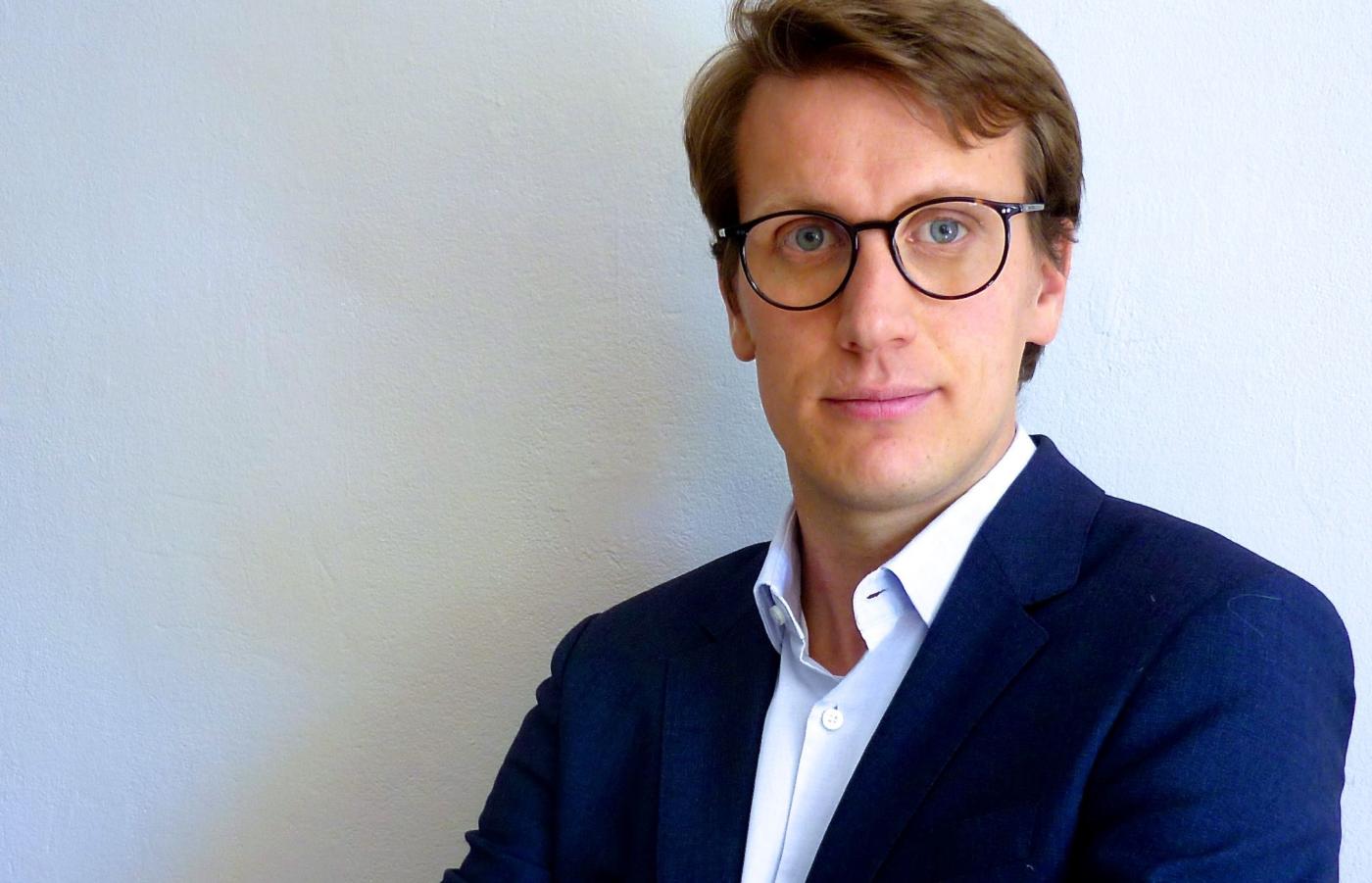
Rescuing Germany's forests with biochar
Droughts are likely to become more frequent in view of climate change. Biochar is a fine-grained, highly porous substance that consists mainly of carbon and minerals and stores water and nutrients like a sponge thereby improving the fertility of the soil. That may yet save Germany's forests. Around 79 per cent of trees examined in 2022 had damaged treetops, according to the Forest Condition Survey. The German Ministry of Food and Agriculture has identified storms, drought and bark beetle infestation as the causes. Biochar can counteract this development, said Stenlund. "Thanks to the physical properties of biochar, nitrate leaching, for instance, is reduced by an average of 40 per cent."
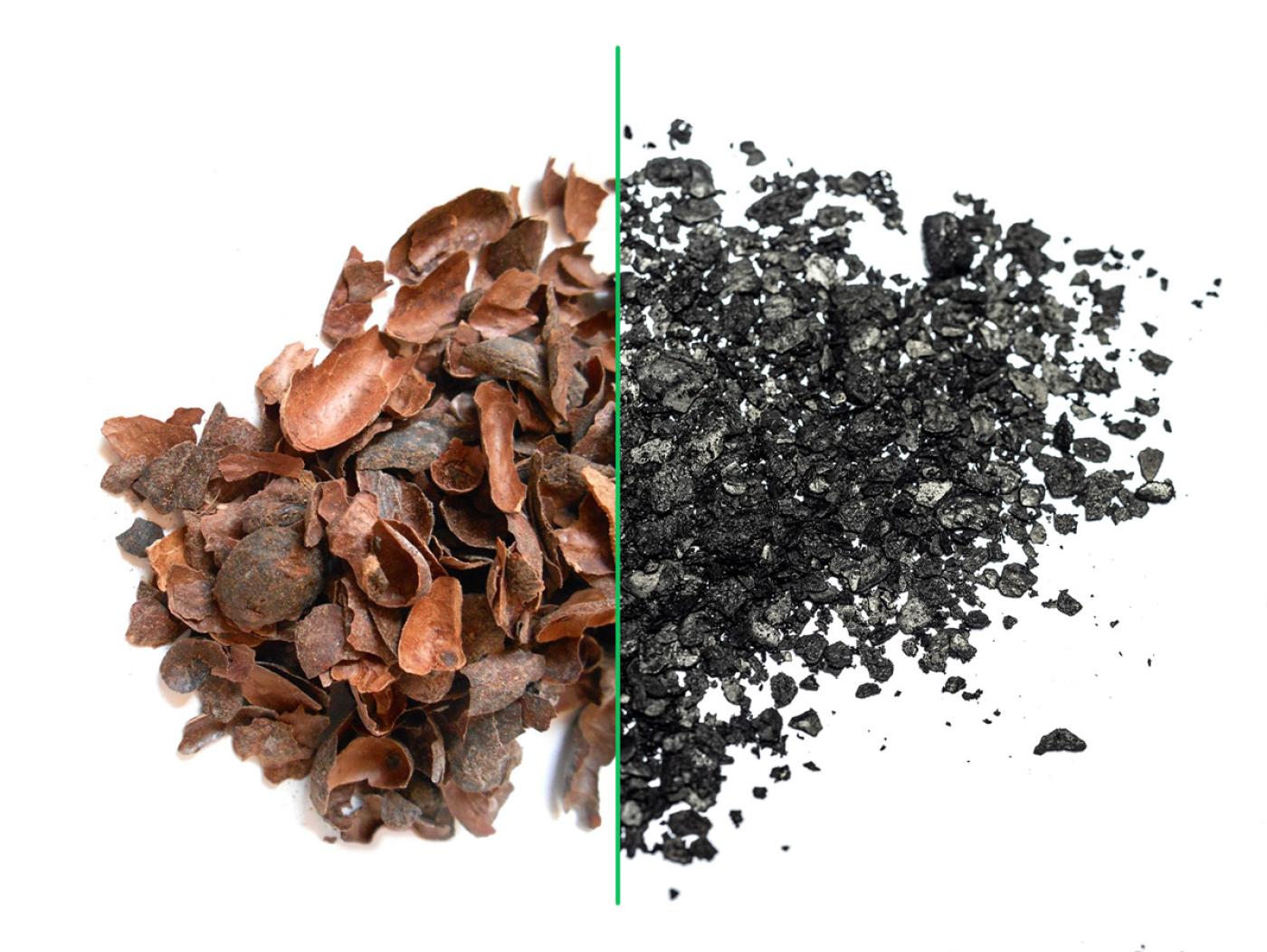
Biochar good for animal welfare
"Biochar boosts both the intestinal flora and the immune system. We know this from charcoal tablets that you can buy in a pharmacy," Stenlund pointed out. But Circular Carbon's product is good for animal welfare and especially the animal husbandry of cattle. "As a feed supplement, biochar boosts the supply and use of high-tolerance nutrients. The animals become livelier and healthier and it also cuts veterinary costs and the use of medicines. Methane emissions caused by cattle are cut by up to 40 per cent." And there is also a "cascading" effect, according to Stenlund: "The components of biochar are excreted naturally and make for a pleasanter, stable climate and improved soil fertility as soon as they are spread on the fields as slurry."
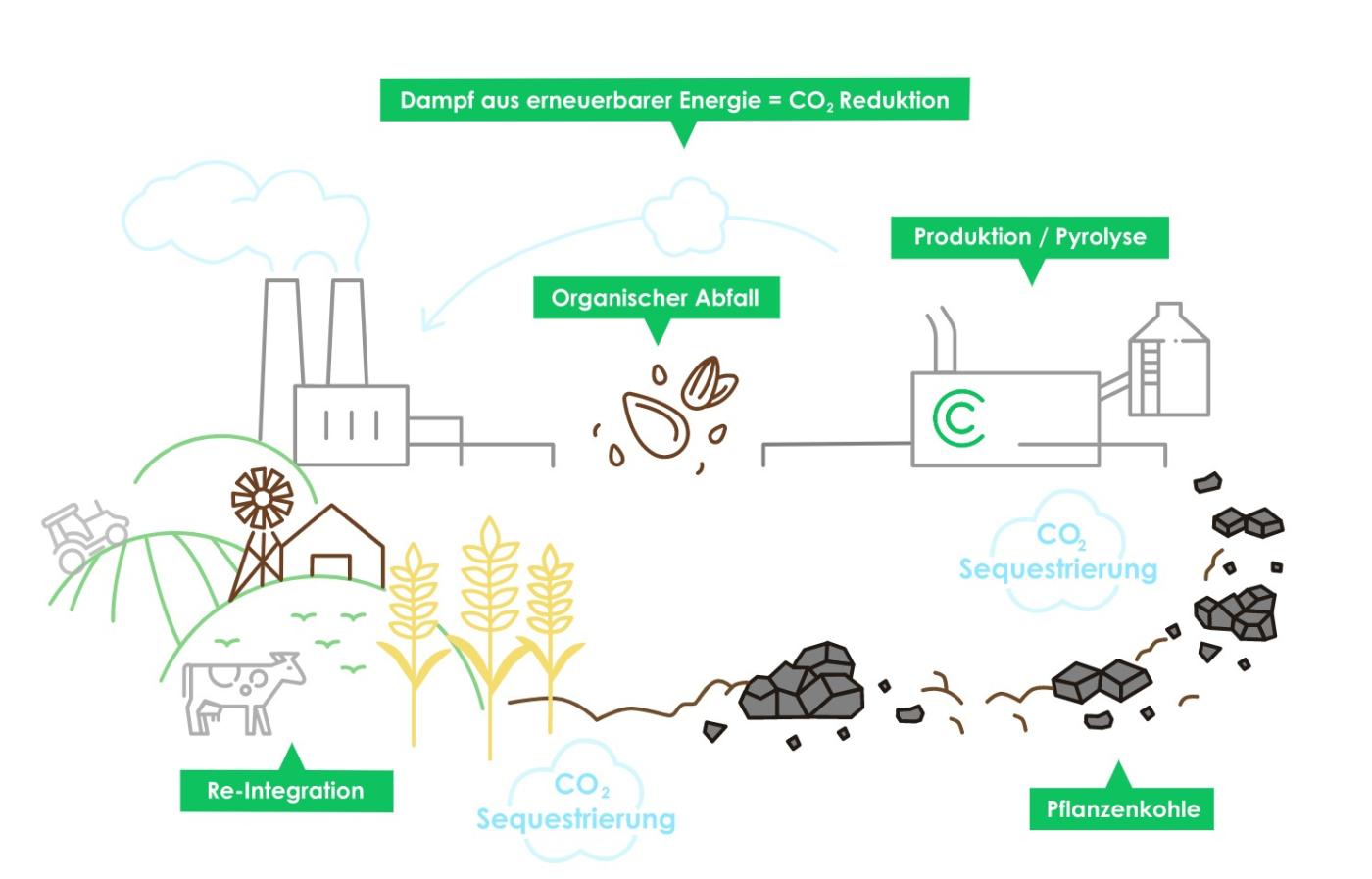
Hamburg proves winning location
At present, Circular Carbon is examining potential sites for more factories in Hamburg. "The food industry is our natural partner because it provides us with biomass such as cocoa, coffee or nut shells. But food waste could also work," said Stenlund. Hamburg, in turn, is currently strengthening its position as a food centre. Last year, the senate set up the new Food Cluster while the foodlab Hamburg's accelerator lends it support to novel products. "We feel well supported by the city in our efforts to set up shop here," Stenlund stressed. Meanwhile, Andreas Rieckhof, Industrial Co-ordinator, has visited the factory, and noted: "Circular Carbon shows us how to store CO2 as vegetable carbon in the long-term and how to generate climate-neutral energy. It is an innovative approach that stands for a sustainable circular economy and advances the decarbonisation of industry." Stenlund added: "The location offers us the opportunity to scale up. Our project in Peute is the largest factory of its kind in Europe and is proving that."
ys/pb
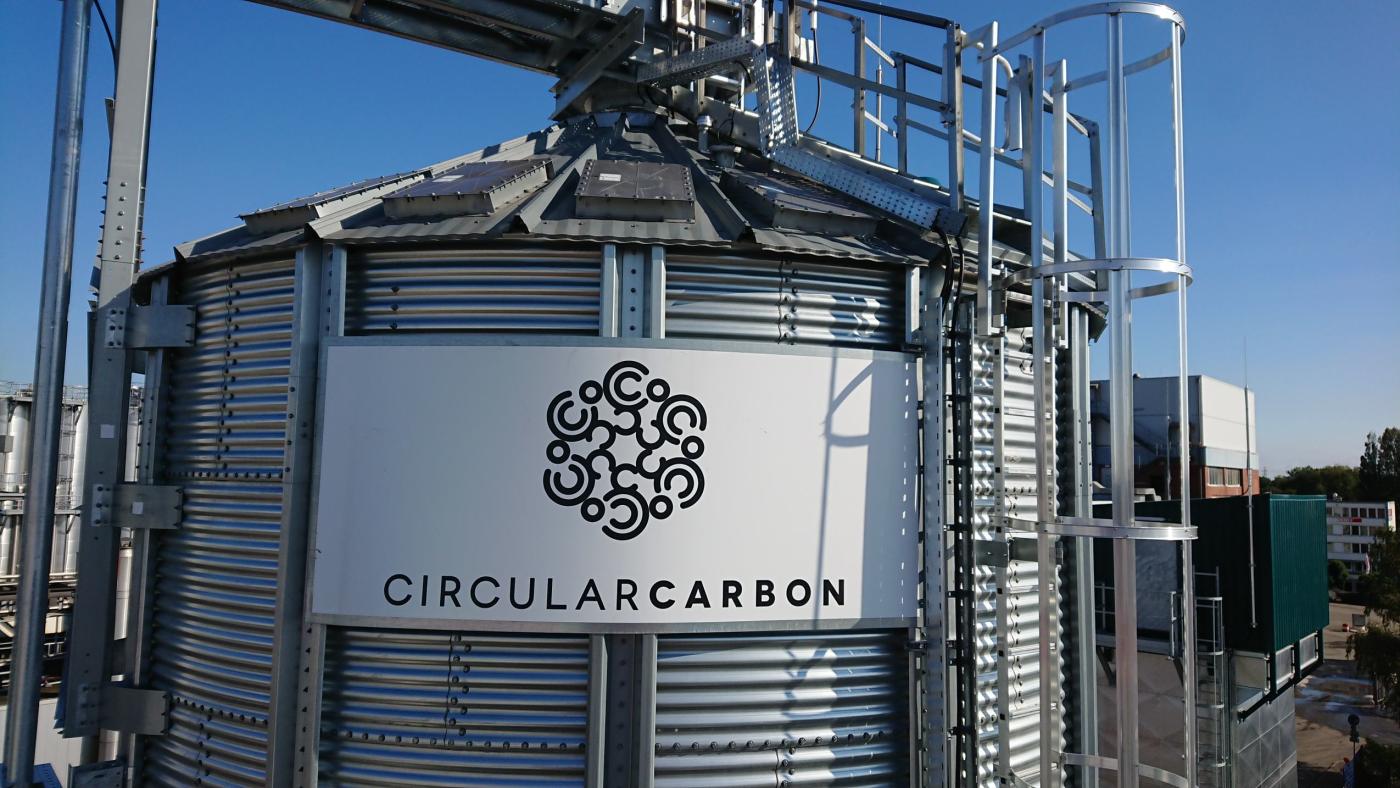
Sources and further information
More
Similar articles

Hamburg to get cradle-to-cradle apartment block in HafenCity
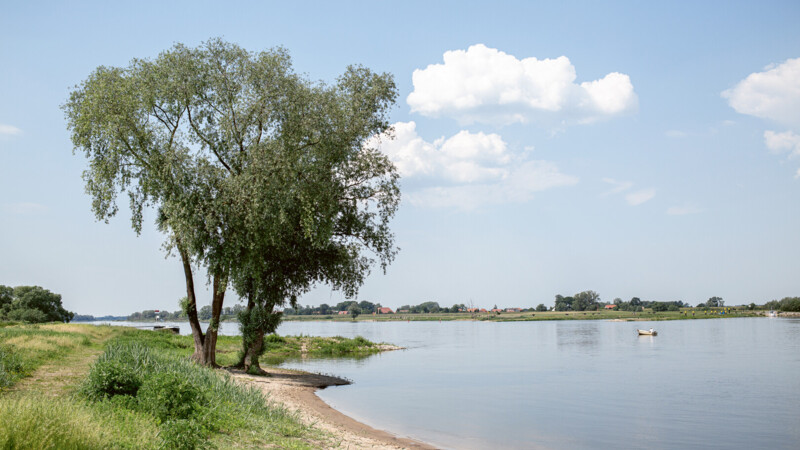
Northeast Lower Saxony becoming model of cradle to cradle
